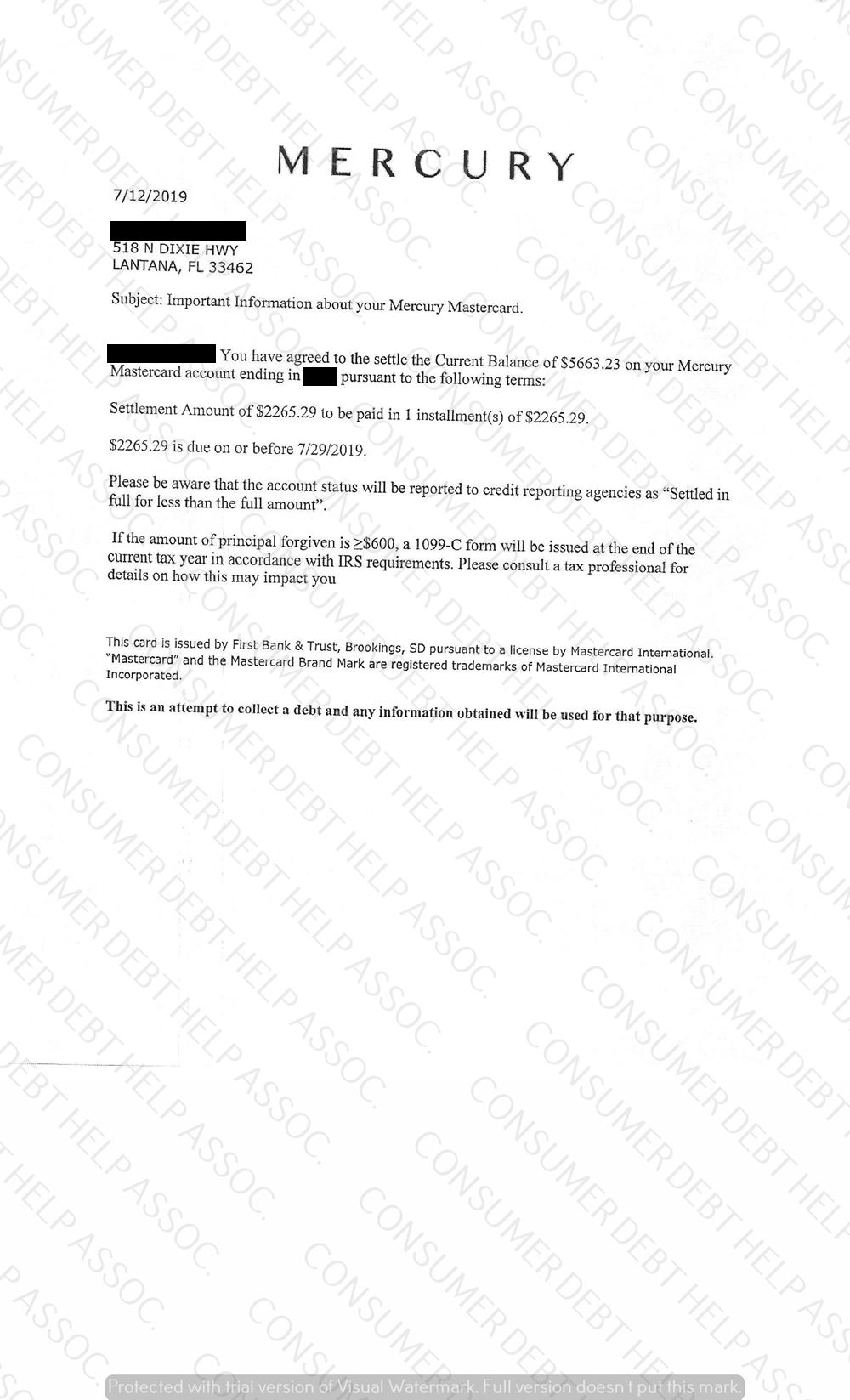

Be aware of all of the options out there before committing to anything. Evaluate every option before you commitįor founders who are new to debt funding, Chase, from Mercury Venture Debt, recommends shopping around. “Venture debt financing is appropriate when you’ve hit that identifiable, near-term inflection point in your business and are now ready to scale.” - Chase Little, Head of Credit & Venture Debt for Mercuryģ best practices for securing venture debt funds for your startup 1. If you’re only looking for short-term working capital, better debt options exist.Ī four-year repayment window would be medium-term: when you’re looking at projects that won’t be monetized for a few years, but you still need a plan to have cash on hand.

Has plans that’ll produce returns in the short term.Ultimately, the best use cases are situations in which the business both: Hardware businesses - If you require a lot of equipment or facilities, venture debt makes for good insurance, which vendors love if you want longer and more flexible terms.The differentiators here are your sales and marketing. SaaS businesses - If you have formulaic unit economics, using debt instead of equity makes sense because your business is predictable.Here are some examples of great matches between venture debt and business purpose: In Chase’s words, “Venture debt is like a Swiss Army knife.” It has multiple uses. Why is venture debt important for startups? Plus, for the most part, good lenders only offer the appropriate amount of leverage for your startup. The venture debt lenders will still take action to ensure they get paid, which can slow your growth plan and potentially harm future equity.įortunately, those cons only occur if you take out too much debt, too soon. If you take on too much debt, it burns the business, and you can’t make payments. Founders and equity holders retain more ownership and have a longer runway.Ĭon: Your business can get over-levered. Non-dilutive funding means the cash has lots of uses, just like equity. To account for this, founders should ensure their debt partners are comfortable with downstream pivots and alterations that are not underwritten yet.
MERCURY VENTURE DEBT SERIES
However, more uncertainty is attached to a seed round than a Series A or B funding round. So, venture debt firms may finance some seed rounds. But there are some exceptions.įor instance, life science and ag tech business models require a lot more capital to build a viable product. That means they’re most likely at a Series A funding round or beyond. Venture debt is typically best for startups who’ve already found product-market fit. With that, investors are more willing to join in on early-stage venture debt. What stage should you consider venture debt for startups? This form of financing is typically more suitable for startups seeking significant capital injections for rapid growth. Venture capital, on the other hand, involves investors providing funding in exchange for equity ownership. Because it is non-dilutive, it is sometimes the preferred alternative to venture capital. Venture debt is generally used to complement equity financing and it serves to provide startups with additional capital without diluting the ownership stake of existing shareholders. The venture debt market has become quite large over the years, so the types of debt available under the phrase have expanded.

It sits on your balance sheet as a liability and usually has a maturity of 3 to 4 years.Startups must repay the debt with inflows of cash in the business.Unlike equity financing, venture debt lenders have little financial upside in the company. It's a fundraising model where a startup borrows money from a bank or non-bank lender to fund working capital or capital expenses. The key is that founders need to know what they want from the partnership and do their due diligence first.” - Chase Little, Head of Credit & Venture Debt for Mercury. “It’s easy to get in touch with venture debt lenders - they’re always happy to talk to founders, investors, and board members.


 0 kommentar(er)
0 kommentar(er)
